Recipes For Essential Oil Roller Bottles - Free Printable Guide
DIY Essential Oil Recipes | Rollerball Remedies
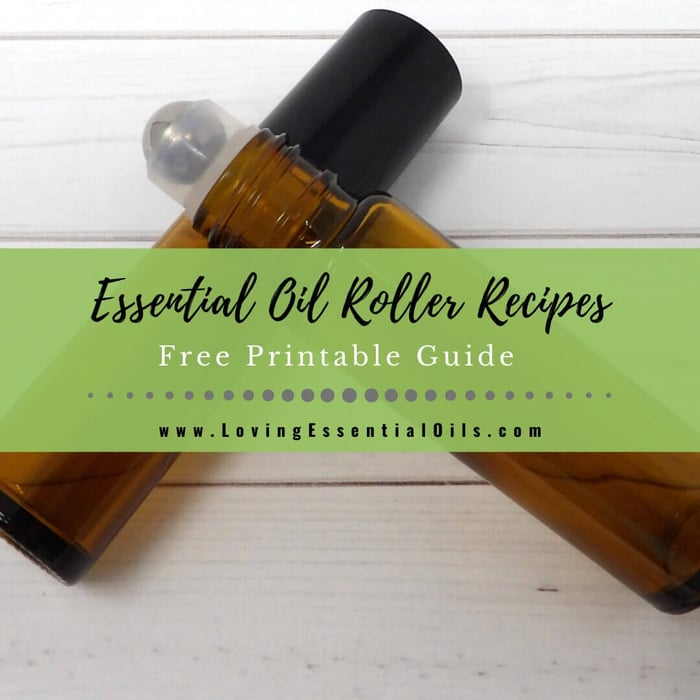
DIY Essential Oil Recipes | Rollerball Remedies
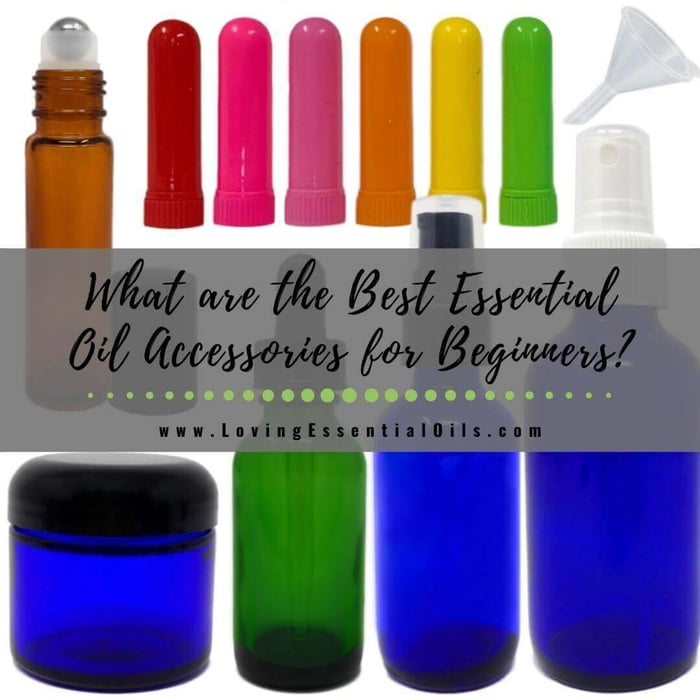
Essential Oil Uses | Essential Oil Basics

DIY Essential Oil Recipes | Rollerball Remedies
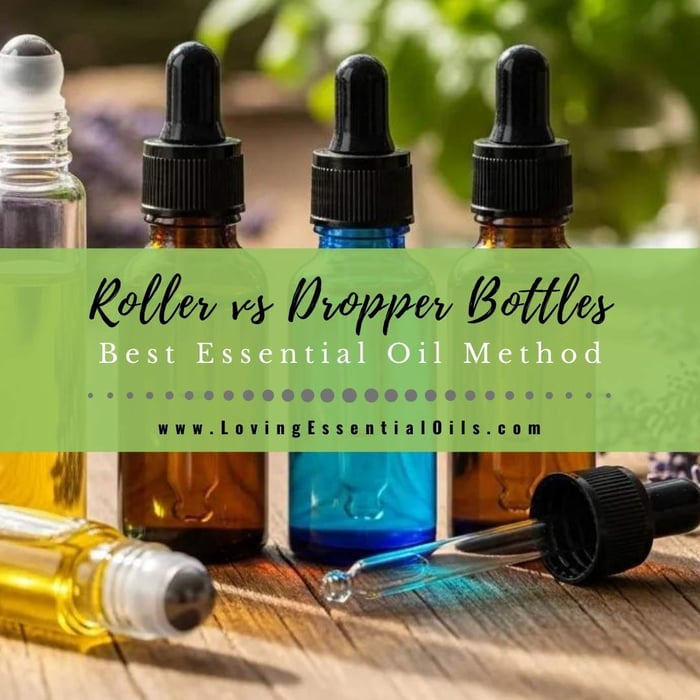
Essential Oil Uses | Rollerball Remedies
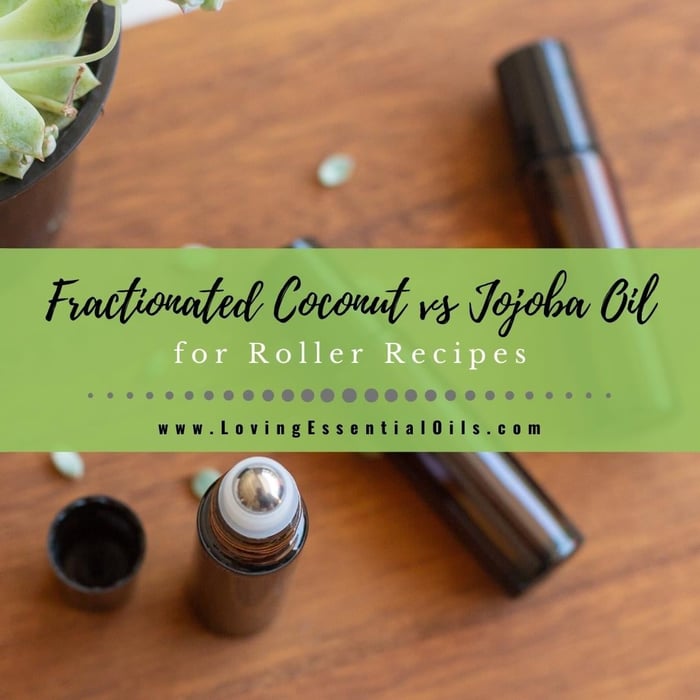
Essential Oil Uses | Rollerball Remedies
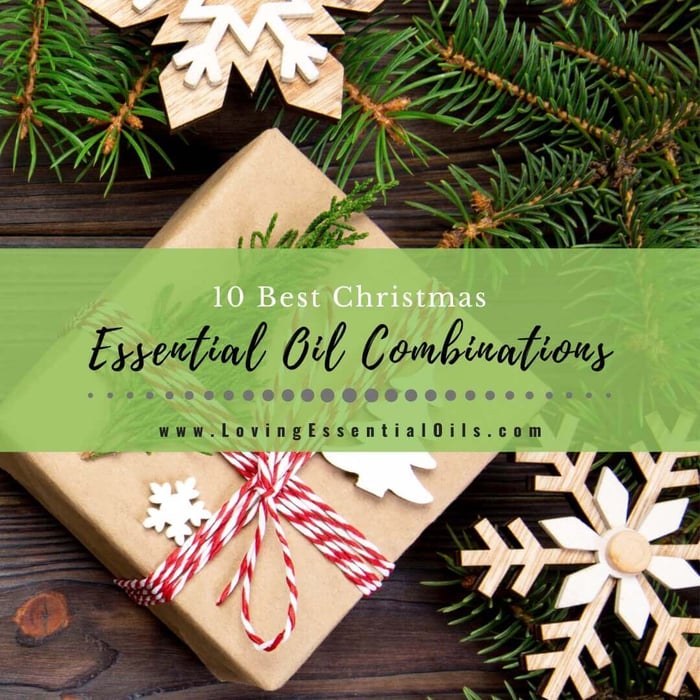
Essential Oil Uses
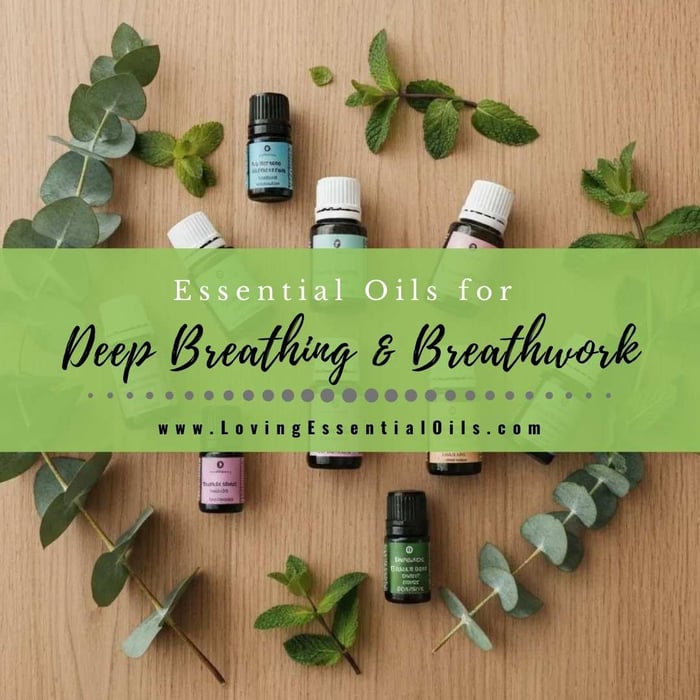
Aromatherapy News
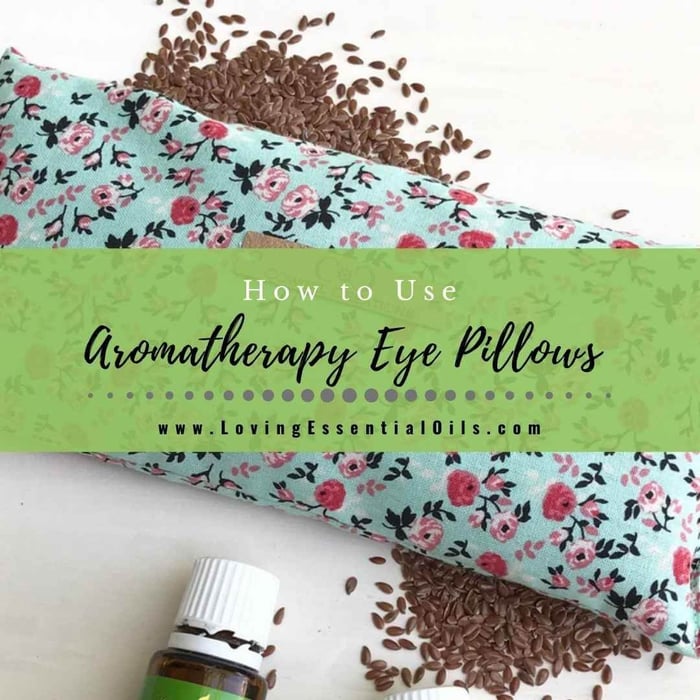
Essential Oil Uses
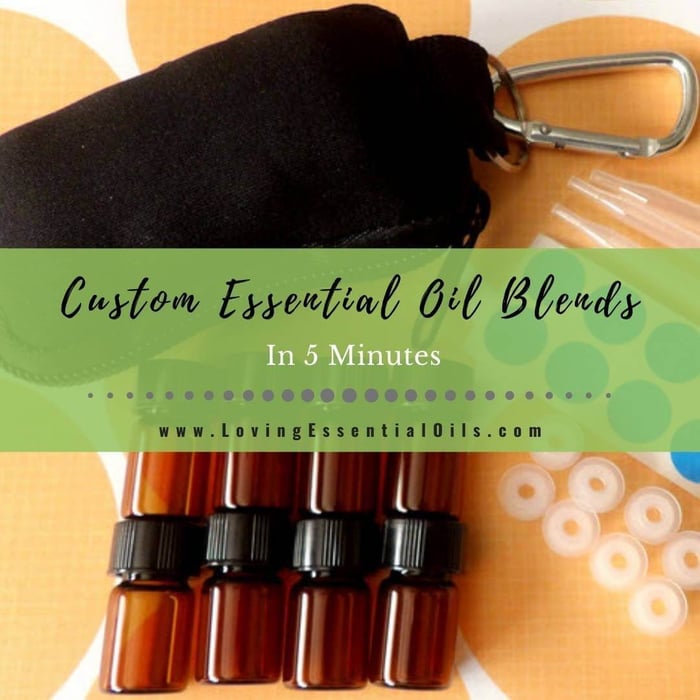
Essential Oil Uses | Essential Oil Basics
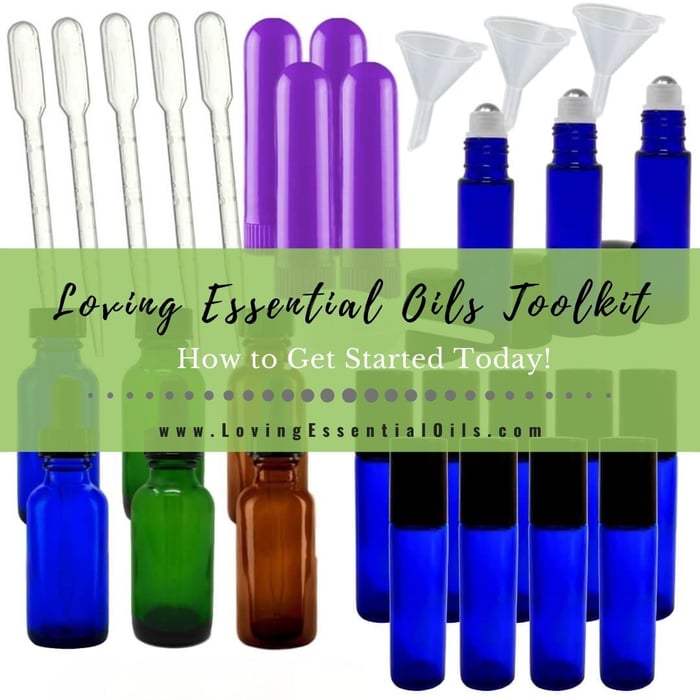
Essential Oil Uses | Essential Oil Basics
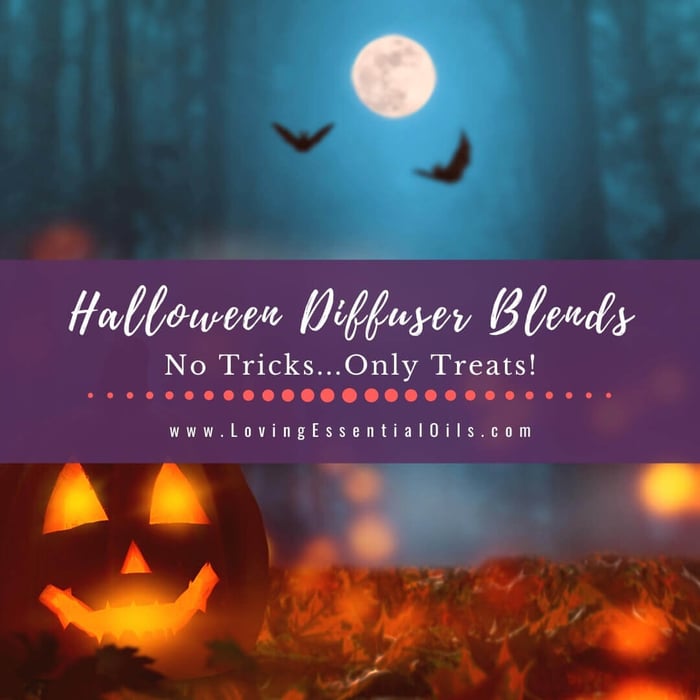
Diffuser Recipes | DIY Fall Essential Oils
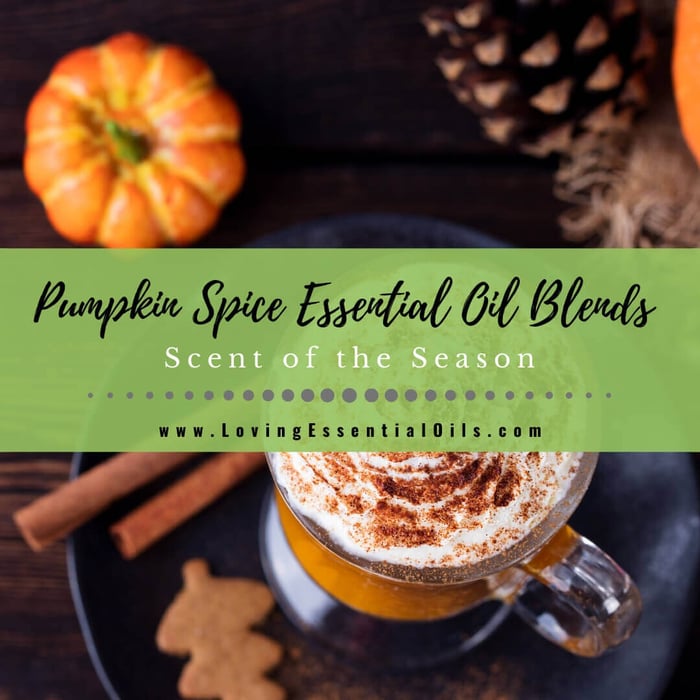
DIY Essential Oil Recipes | DIY Fall Essential Oils
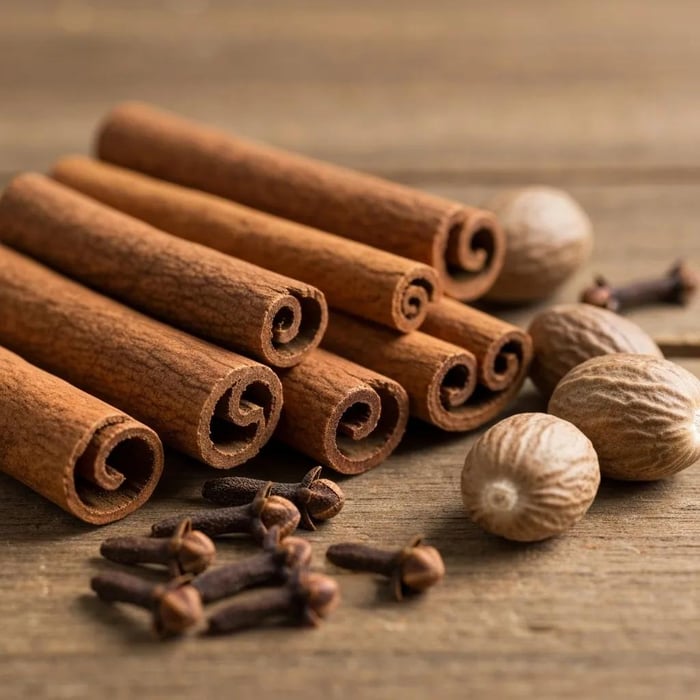
Essential Oil Uses | DIY Fall Essential Oils
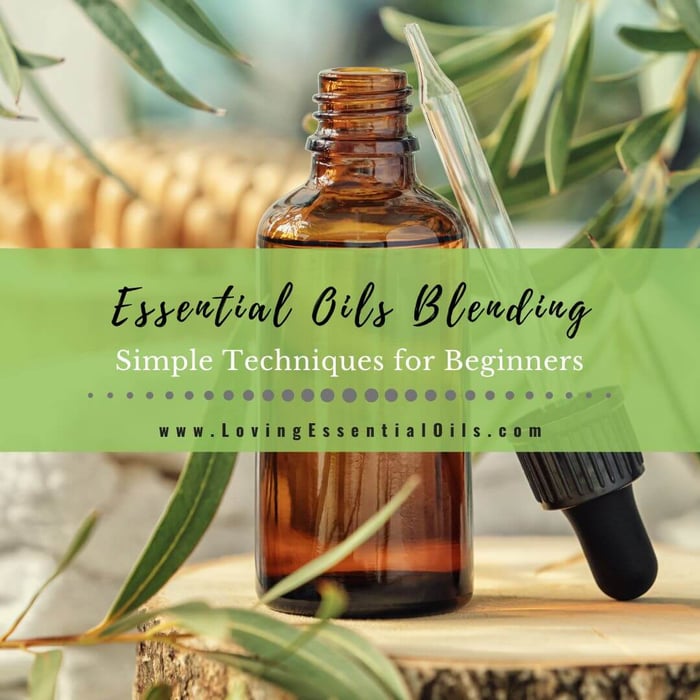
Essential Oil Uses | Essential Oil Basics
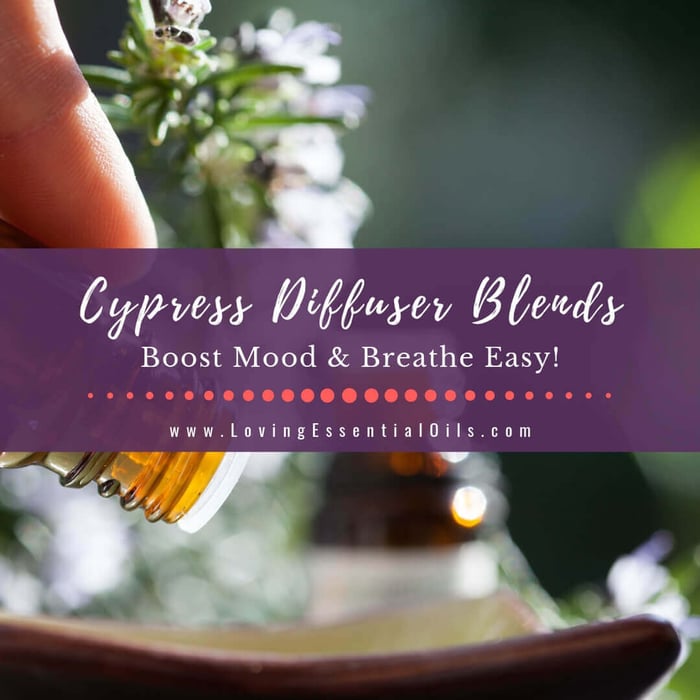
Diffuser Recipes
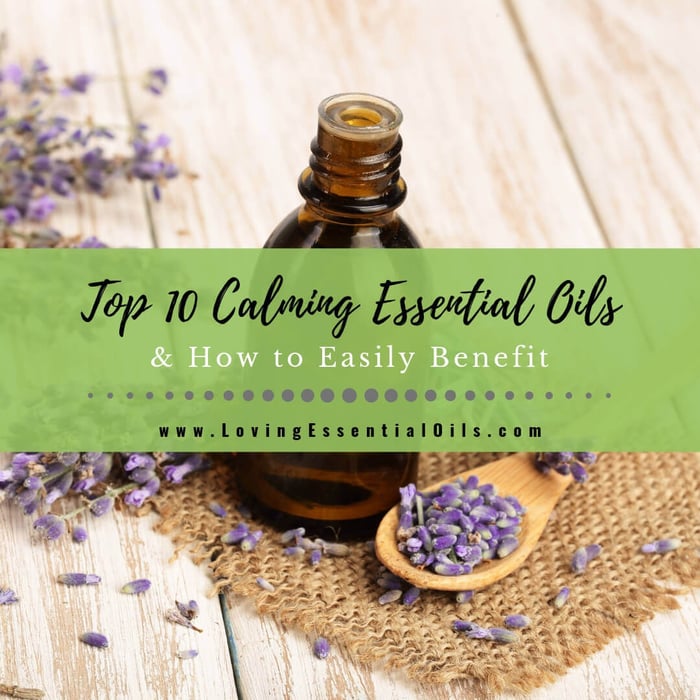
Essential Oil Uses | Rollerball Remedies
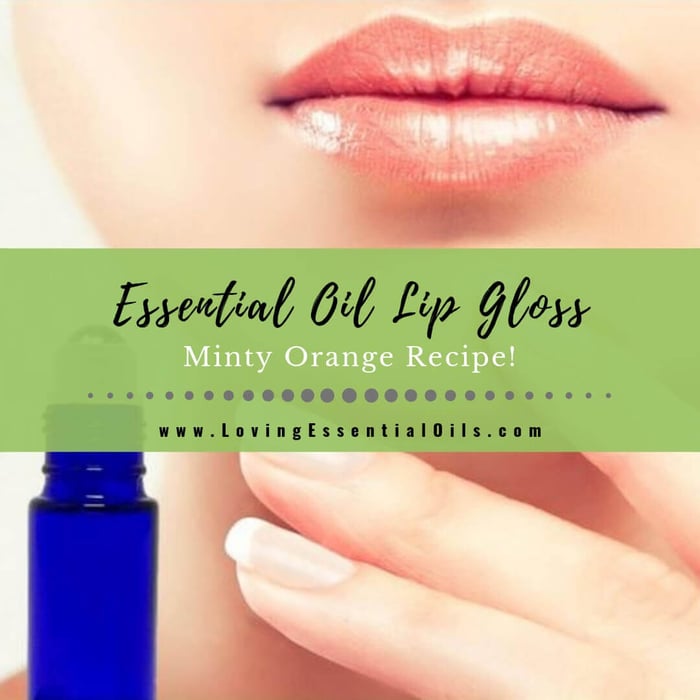
DIY Essential Oil Recipes | Rollerball Remedies
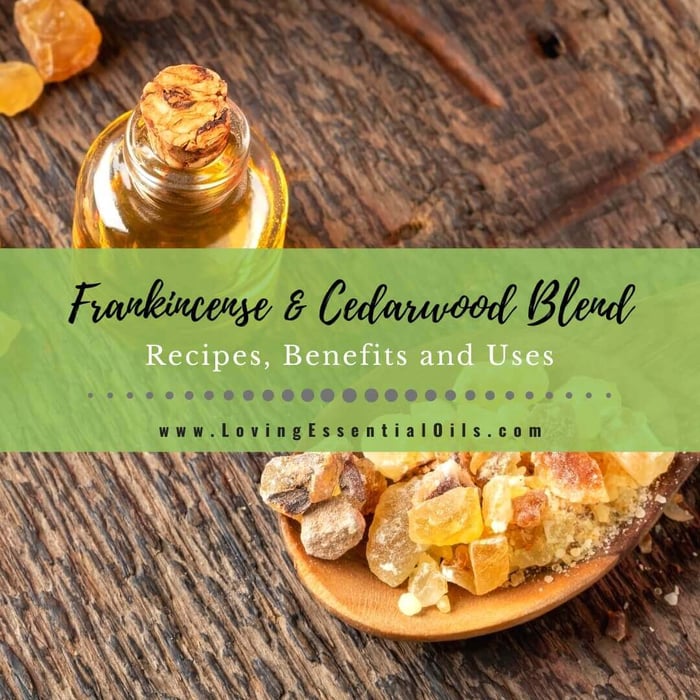
Essential Oil Uses
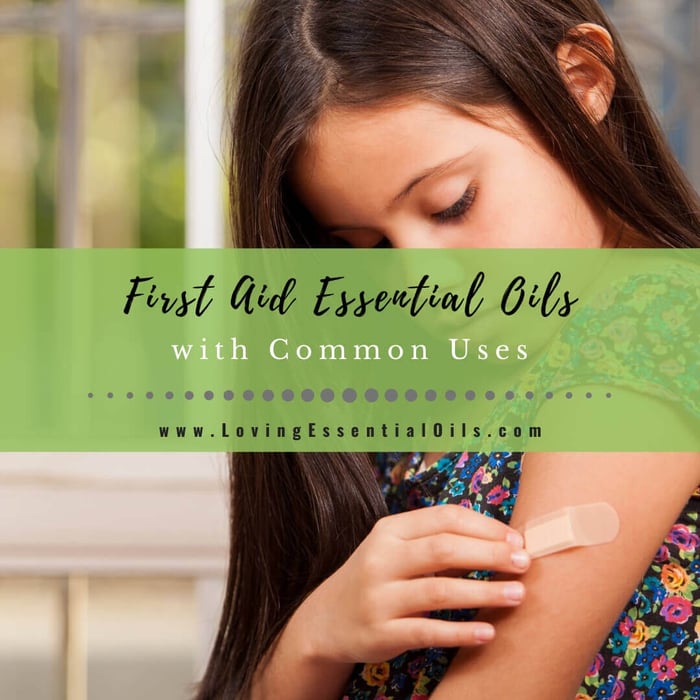
Essential Oil Uses | Essential Oil Safety
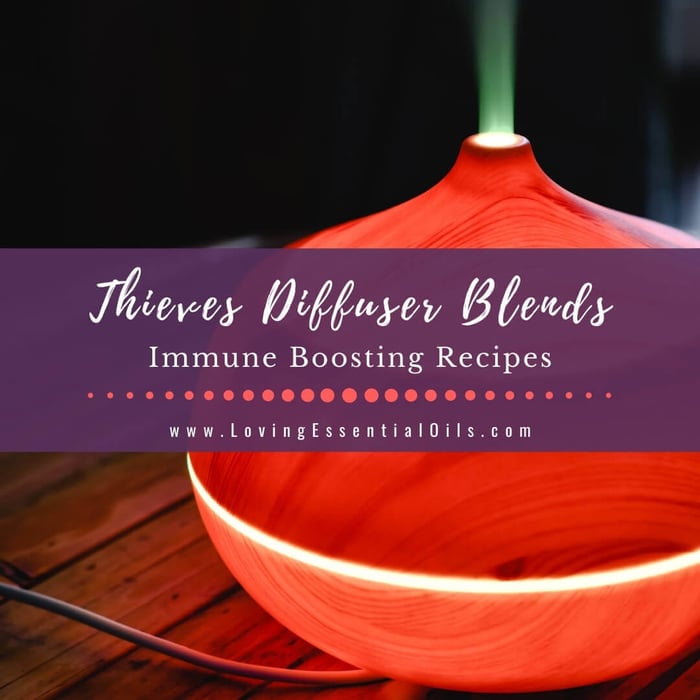
Diffuser Recipes | DIY Winter Essential Oils
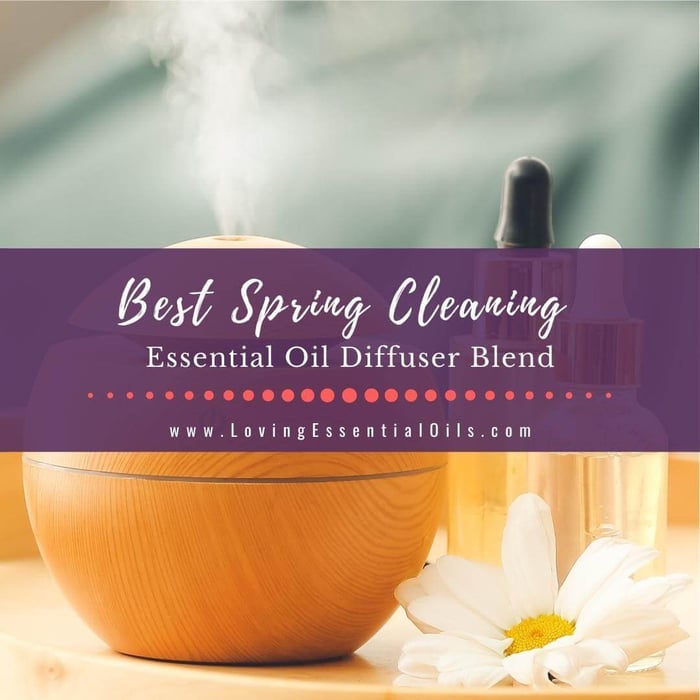
Diffuser Recipes
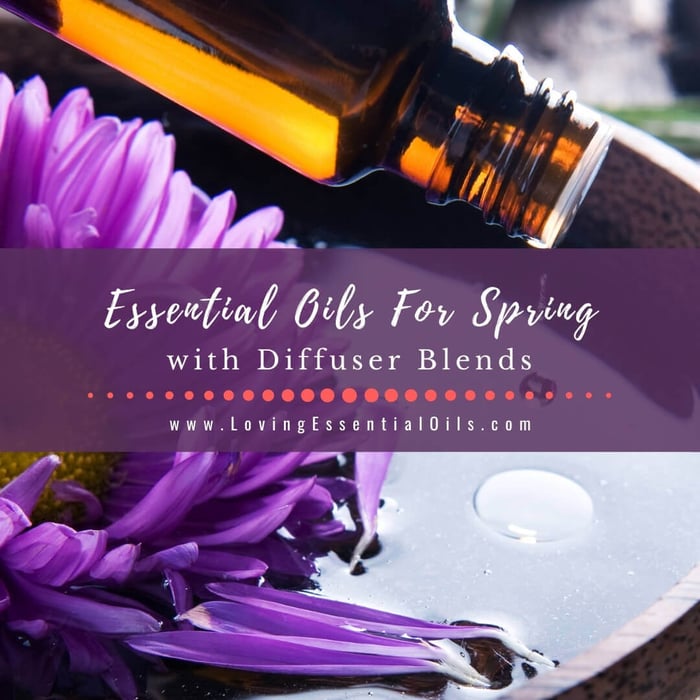
Diffuser Recipes
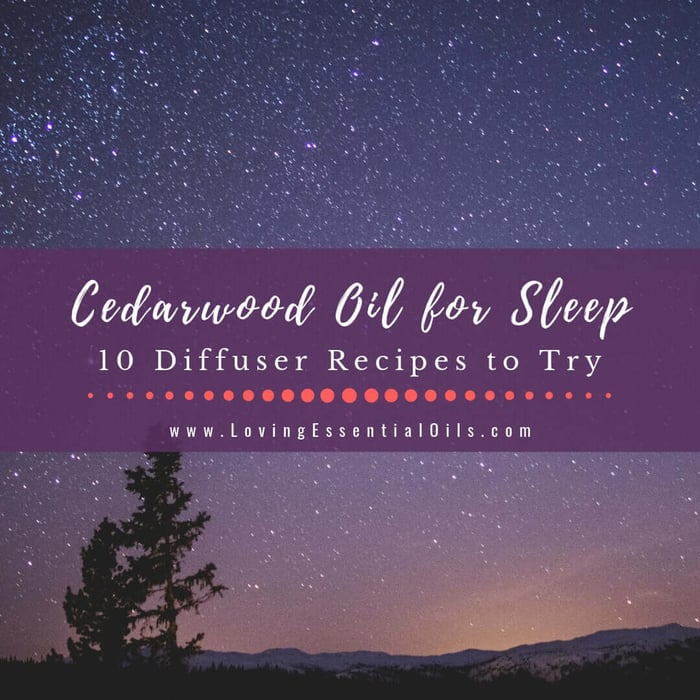
Diffuser Recipes
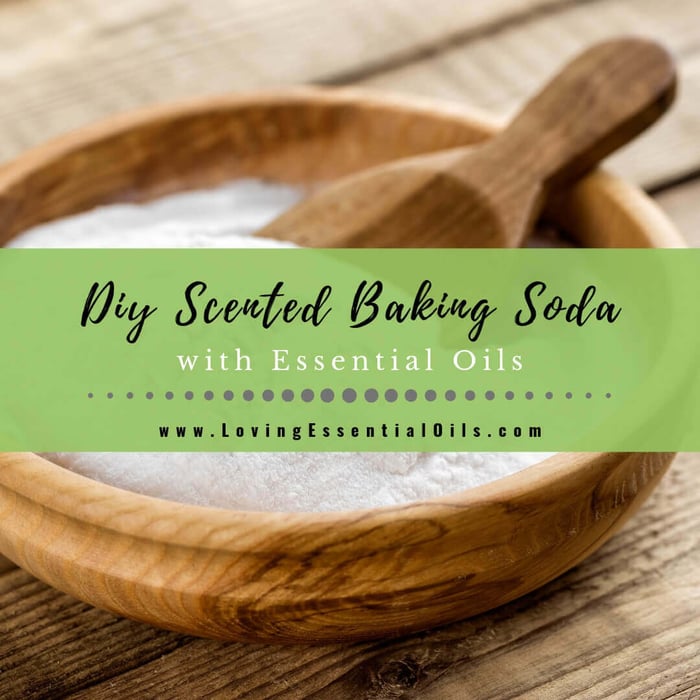
DIY Essential Oil Recipes
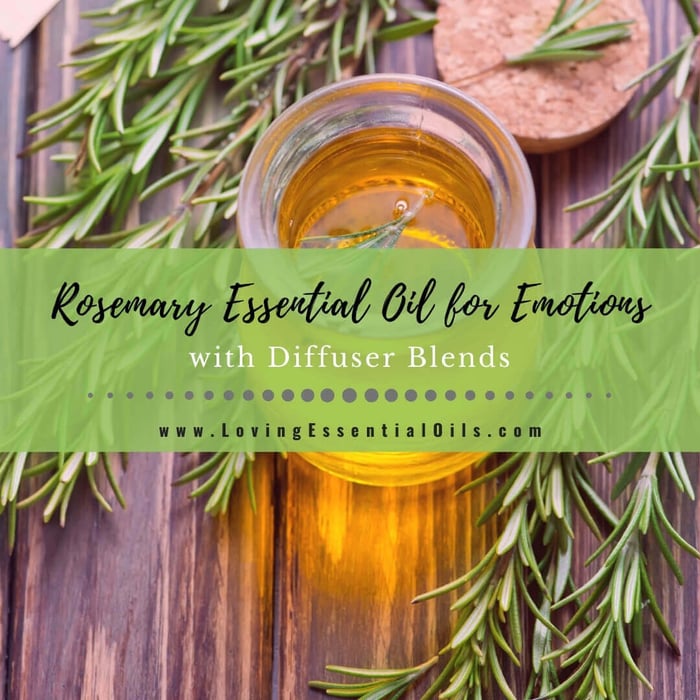
Essential Oil Uses
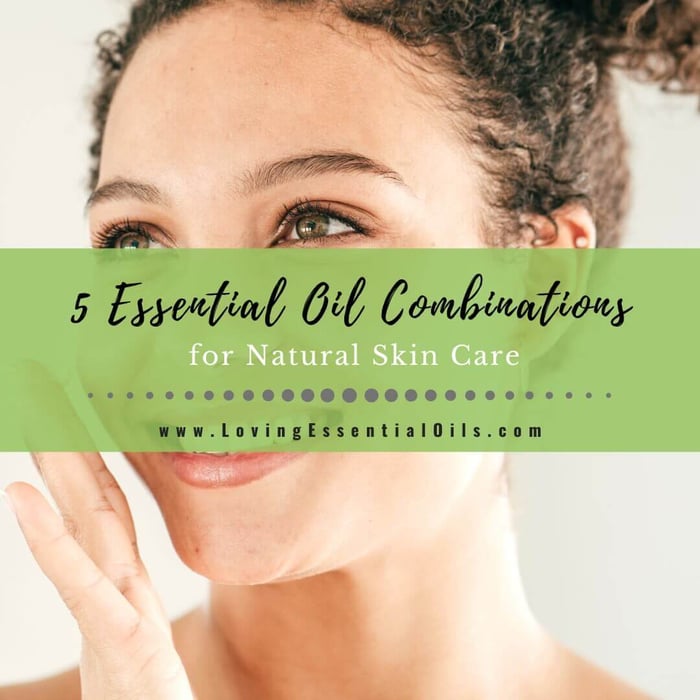
Essential Oil Uses